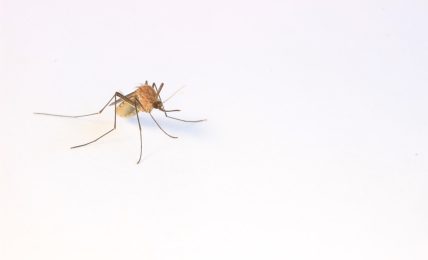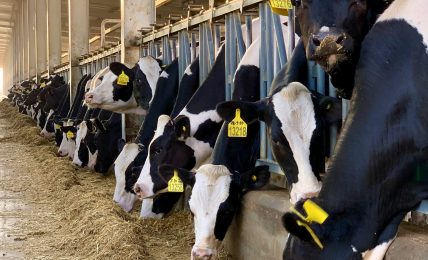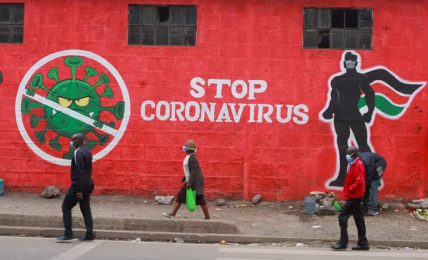The Toll of Covid-19 and Glimpses of Progress in South Africa
Grieving the loss of a loved one during the Covid-19 pandemic became a curse and burden.
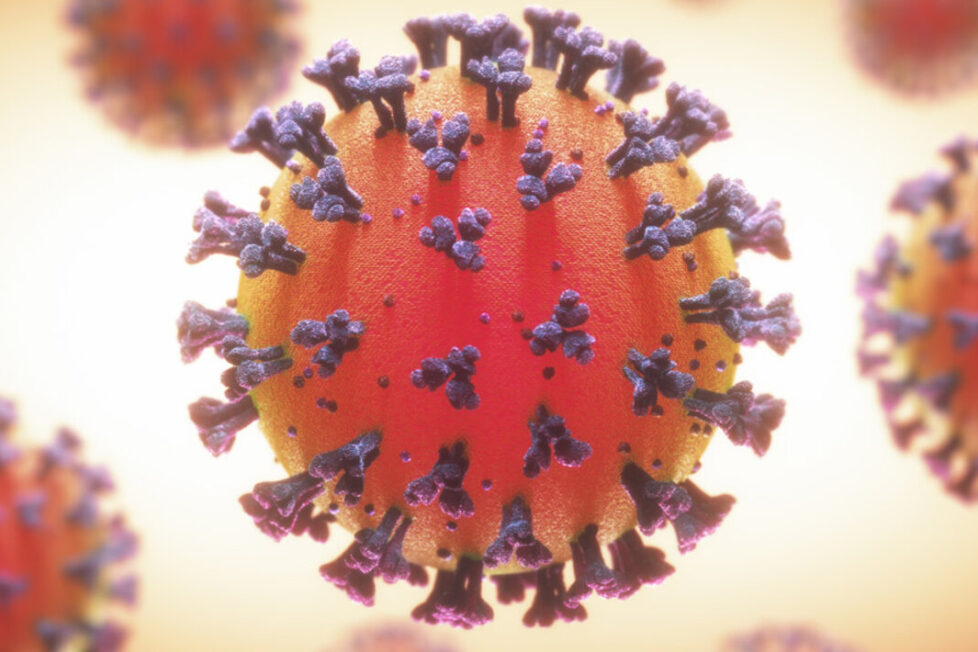
Grieving the loss of a loved one during the Covid-19 pandemic became a curse and burden.

With the invisible vice-like grip of coronavirus on our nostrils, life and death have become a matter of who will live to die another day. Surely, some days are better than others, and this calendrical twist of fate makes us vulnerable and resilient at the same time. Our lives are now punctuated by numbers and figures, which are mediatized daily to depict a narrative that either sternly warns us to curb the spread of coronavirus or allay anxieties. When the second wave took hold of South Africa, a new and contagious variant also sprung up, and a surge of cases soon followed after the government rolled back some restrictions that have been put in place.
Over 1.5 million confirmed cases of Covid-19 infections, 1.48 million recovered cases, 53,000 related deaths have been reported, and 250,000 health workers have received the Johnson & Johnson vaccine in South Africa as of 1 April 2021. President Ramaphosa announced that the country had secured 11 million doses of the Johnson & Johnson vaccine, and finalizing agreements for 20 million doses of the vaccine, and 20 million doses of the Pfizer vaccine, enough to vaccinate 41 million people. The government is also in various stages of negotiations with the manufacturers of other vaccines such as Sinovac, Sinopharm and Sputnik V.
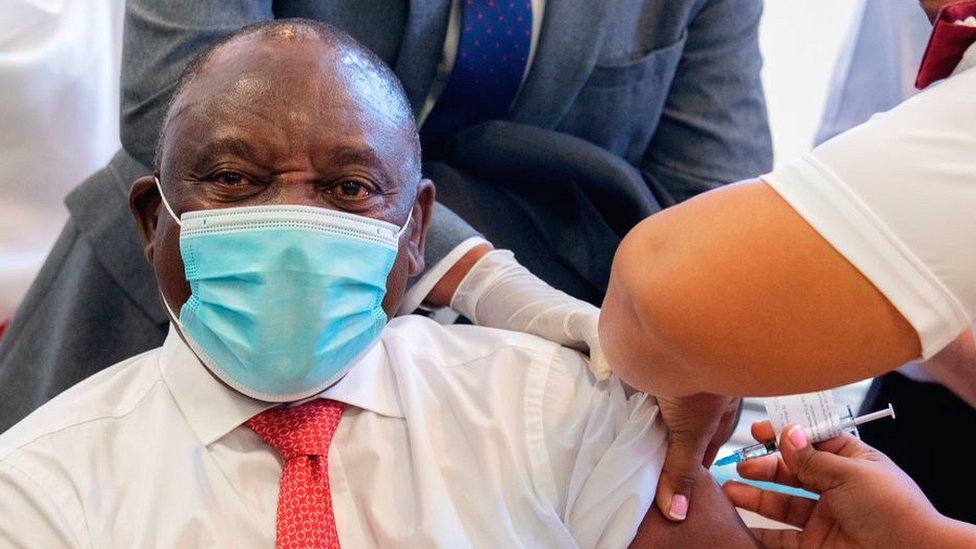
Looking at the death toll in South Africa and comparing it to other European countries, one might say it is not that bad, but every death, whether to Covid-19 or other causes, is a tragedy that cannot be taken lightly. Even as bodies piled up in the middle of a mandatory lockdown, strenuous physical distancing restrictions and stricter curfews forbade mourners to carry out night vigils and cultural or spiritual rites before buying their loved ones. Grieving the loss of a loved one during the Covid-19 pandemic became a curse and burden. In some instances, bodies were mixed up at the morgue, and people ended burying and later exhuming strangers. Nothing could be worse and unimaginable than the double jeopardy of reburying a loved one, especially when the pandemic was in full swing.
Initial lockdowns prevented the death toll from reaching into the millions and the straining of the health care system. Looking back, these concerted efforts to flatten the curve were justified. The Minister of Health was vindicated. Hospitals such as Victoria, Bara, Khayelitsha, Paarl and Chris Hani Baragwanath celebrated their historic first of not having a single patient admission in their trauma wards on New Year’s Eve. Hospital facilities were stretched to the limit and health workers really felt a great sense of relief. The altruism of healthcare workers working around the clock, risking their lives, and saving our lives as well should not go unrecognized. These unsung heroes sometimes have to grapple with supply problems and shortages of masks, surgical gowns, and eye gear to protect them from the virus.
The South African government has been criticized for failing to address corruption. The Covid-19 relief fund allocated for the emergency procurement of Personal Protective Equipment for schools and hospitals became a hotbed for corruption, with state institutions and public servants have been implicated in procurement malpractices and tenderprenuering. In response, the government has been vociferous in its anti-corruption rhetoric. Unfortunately, we are yet to see if the perpetrators of this grand-scale corruption will be dealt with accordingly. Many lives could have been saved if it was not for this grand-scale theft.
Whether some measures were beneficial is contestable. The decision to ban the sale of cigarettes and alcohol was viewed with contempt and an overreaction by the government. Interestingly, the ban of alcohol and cigarette sales led to illicit alcohol and cigarette trade, smuggling of contraband goods across South Africa’s land borders, and even brewing of homemade beer as witnessed in the Eastern and Western Cape provinces.
We have all been forced to readjust our lifestyles, it has certainly been easier for some than others. With the whole country under lockdown, new and old battles are now being fought inside homes. This is because of prolonged isolation, loss of income, fear, and poverty – both cumulative factors that trigger an increase in gender-based violence, suicide, alcoholism, and drug and child abuse. It is a known fact that long periods of lockdown affect mental health hence states of emergency need to be limited, in duration.
The implementation of some of the non-pharmaceutical interventions, including the banning of outdoor exercises and limitations of public gatherings, restrictions on movement and transportation were uneven and exposed long simmering racial and class divides. Compliance with social distancing in informal settlements is nearly impossible due to overcrowding, inadequate access to hygiene services and virtually non-existent sanitation. Limiting contact to lessen exposure to disease is a luxury poor people cannot afford because toilets and water taps are communally shared. It is unthinkable how an infected person can self-isolate and quarantine in such neighborhoods.
Individuals who were negatively impacted by the extended lockdown ended up losing their income, but obstinately refused to be refugees in their own homes and completely give up their civil liberties in response to the pandemic. Hunger and desperation fueled disgruntlement on the streets of Alexandra, and many remonstrated for not having received food parcels during the lockdown. Soldiers and police officers were deployed to enforce regulations and swarmed slums, informal settlements, and townships.
State violence was directed against black folks while white people in neighboring affluent suburbs of Sandton brazenly moved unbothered, enjoyed their daily jogging, and posted pictures on social media having braais. To make matters worse, when security forces bumped into whites in the streets, they would either turn a blind eye or allow them to go scot-free. Seeing the selective enforcement of lockdown regulations by soldiers and police officers suggests that the legacies of Apartheid remain intact in South Africa. Law enforcement agencies need to adjust to the new realities experienced by people living in Kasi during a pandemic such as COVID-19.
The idea that the virus may move us to a more equitable and non-discriminatory society remains a pipe dream because we still have a long way to effectively fight any last vestiges of Apartheid and corruption. COVID-19 should not be used as a basis for targeting and marginalizing particular groups or individuals but should foster unity, selflessness, and tolerance.
